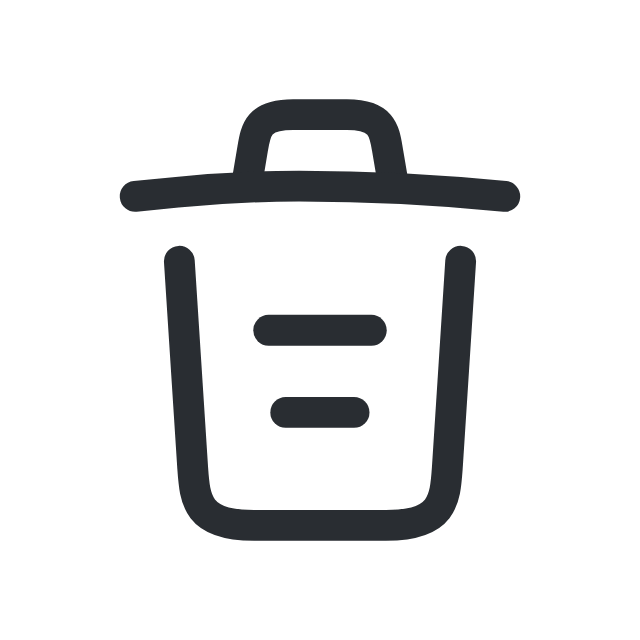Why College?
Don't get confused by the terminology. "College" and "higher education" simply refers to any type of education or career training you receive after graduating from high school or getting a GED. Even universities are often called colleges!
The work world is changing and employers are looking for people with more skills than the people they are replacing or hiring new. You will - more than likely - need more education to land a job than your parents or even older siblings needed when they started working.
If you want to escape a work life of never ending low-paying jobs, you will need some college. But don't think college is only about getting a four-year bachelor's degree. Many good paying jobs require skills learned through short-term certificates that you earn at state colleges (two-year) or other private career schools.
4 Reasons to Go to College
- Knowledge: A college education teaches you to think critically and abstractly, to express your thoughts and opinions, to weigh options and make informed decisions.
- Potential: College brings you a world of information as you explore your interests, and helps you understand the issues that connect communities, the nation and the world.
- Opportunity: Critical thinking and new technology skills are vital for success and advancement in today's workforce and provide you with more career and job options.
- Income: A person with a college certificate or degree (associate, bachelor's degree or higher) typically has a higher income and is less likely to be unemployed or underemployed than someone with a high school diploma.
What About Paying for College?
Don't let the costs of paying for college stop you from attending. Besides saving for college; you can work while attending college. Student financial aid is available to help the majority of students.Quick Links
- Why College?
- Explore Your Interests & Careers
- Prepare at School
- Summer Academic Enrichment Program
- Earn College Credit in High School
- Recommended High School Classes & Graduation Requirements
- Advice for Students with Disabilities
- Succeed as an Adult Student
- Useful College Prep Resources
- Minnesota Goes to College!
- Get Ready Program Overview
- College Planning Presentation Information
- College Navigator Presentation Request Form
- Minnesota Indian Scholarship Program Outreach
- Competitive Grant Programs
- Dual Training Grant
- Public Engagement Calls
- "Life After Now" Podcast
- Certified Nursing Assistant Training
- Direct Admissions Minnesota
- Collecting Data from Minnesota Postsecondary Institutions
- Campus Financial Aid Administrator Resources
- Statewide Financial Aid Conference
- Campus Student Enrollment Reporting Resources
- Ordering Materials for Your Students
- Supplementing Your College Counseling
- Early Awareness Efforts
- Student Homelessness in Higher Education Resources
- Shared Library Resources
- MN FAFSA Tracker
- Campus Sexual Violence Prevention and Response
- Statewide FAFSA Filing Goal
- Financial Aid Estimator
- Online Applications
- About Financial Aid
- What Does College Cost?
- Tips for Lowering the Cost of Higher Education
- Institutional Payments
- Financial Aid You Don't Repay
- Financial Aid You Must Repay (Student Loans)
- Financial Aid You Earn
- Military Service Education Benefits
- Reduced Out-of-State Tuition Options
- Education Tax Benefits
- New Video Demystifies Paying for College
- Public Service Loan Forgiveness
- Useful Online Resources
- Ready, Set, FAFSA!
- Data Maps and Infographics
- Educational Attainment Goal 2025
- Minnesota Measures
- Minnesota P-20 Statewide Longitudinal Education Data System
- College Readiness & Participation Data
- Student Enrollment Data
- Degrees, Graduation Rates, Attainment & Outcomes
- Financial Aid Data & Trends
- Tuition & Fees Data
- Student Health and Safety
- Institution and Data Search
- Transfer Students
- Research Reports
- A-Z Data Table Index




